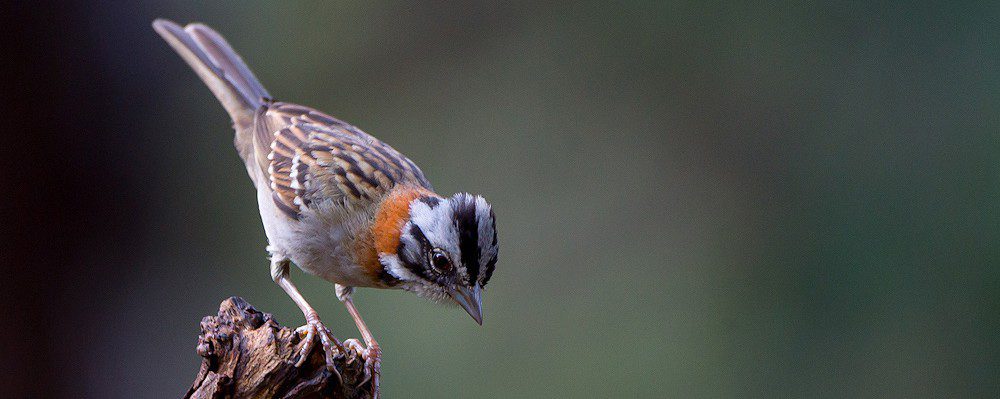Courses
I have a strong commitment to quality education and have received teaching awards from both the department and the college. At VT I teach Introductory Animal Physiology (Biol 3404), Behavioral Endocrinology (Biol 5424), Biology of Sex (Biol 2984), and study abroad courses to Ecuador and the Dominican Republic. I have received consistently high student evaluations while holding the students to a high level of expectations. In every class, I emphasize important general concepts first to provide a framework for necessary details that follow. I am most successful when using my own curiosity and interest in the subject to generate enthusiasm among students. Most importantly, I have found it to be crucial to include current research in the curriculum as it helps students to appreciate that not everything is known and that there are rewarding opportunities in the discovery of new knowledge. I have gradually transitioned from more traditional lectures to more discussions and projects to encourage student engagement. The study abroad courses have been particularly important in engaging students as well as exposing them to global environments and issues that will require broadly trained people to solve.
Undergraduate research
I have received a lot of satisfaction from including undergraduates in research. Little in the classroom can generate the interest and excitement of involvement in novel and original research. Many of the students who have conducted research with me have been authors on publications, in one case a first author from a project that she initiated during a study abroad course. Whether these students continue in science or not, I hope that they have a greater appreciation for science and will maintain this appreciation as members of our broader society.
Graduate students and postdoctoral fellows
In graduate and postdoc education, I am a strong proponent of producing independent-thinking scientists. Since coming to VT, I have graduated two MS students and three PhD students. I have also advised seven postdoctoral fellows. I expect all of my students and postdocs to develop projects on their own, which may or may not be closely related to my own research. I am currently part of two interdisciplinary graduate programs (BioBuild and Interfaces of Global Change) as I think that future scientists need broad perspectives and training that spans traditional areas. I try to produce scientists who (1) can critically evaluate and interpret data (2) develop a clear perspective on the broader significance of their own individual research (3) have good communication skills, both oral and written and (4) perhaps most importantly, have a broad perspective on biology and how it relates to other sciences and other disciplines.
I think it is crucial to encourage individuals from underrepresented groups to pursue careers in science. These people have unique and disparate viewpoints to bring to science and working together we can advance our understanding of the natural world. I try to provide a welcome environment where people can express their individuality because it is this individuality that furthers our understanding of nature.


